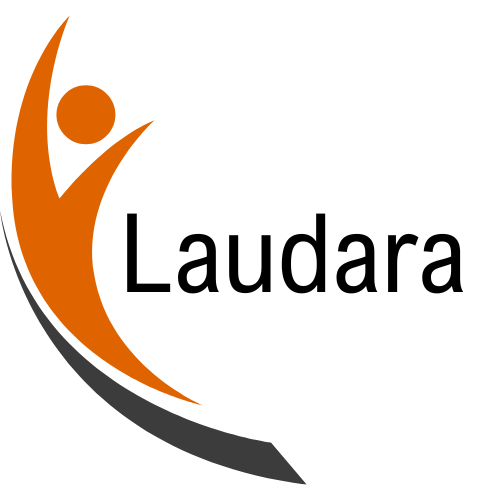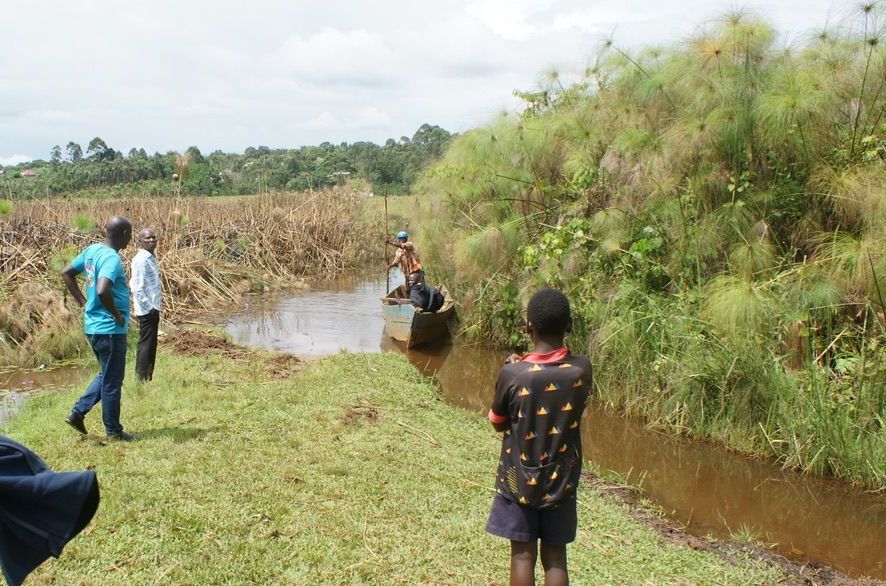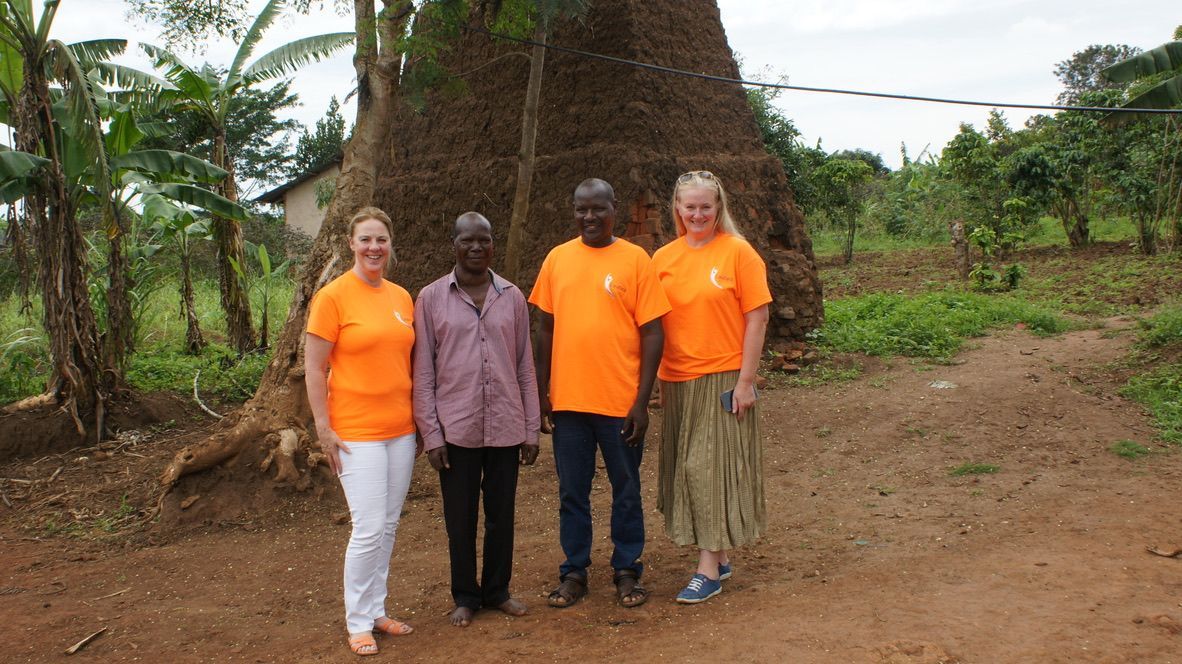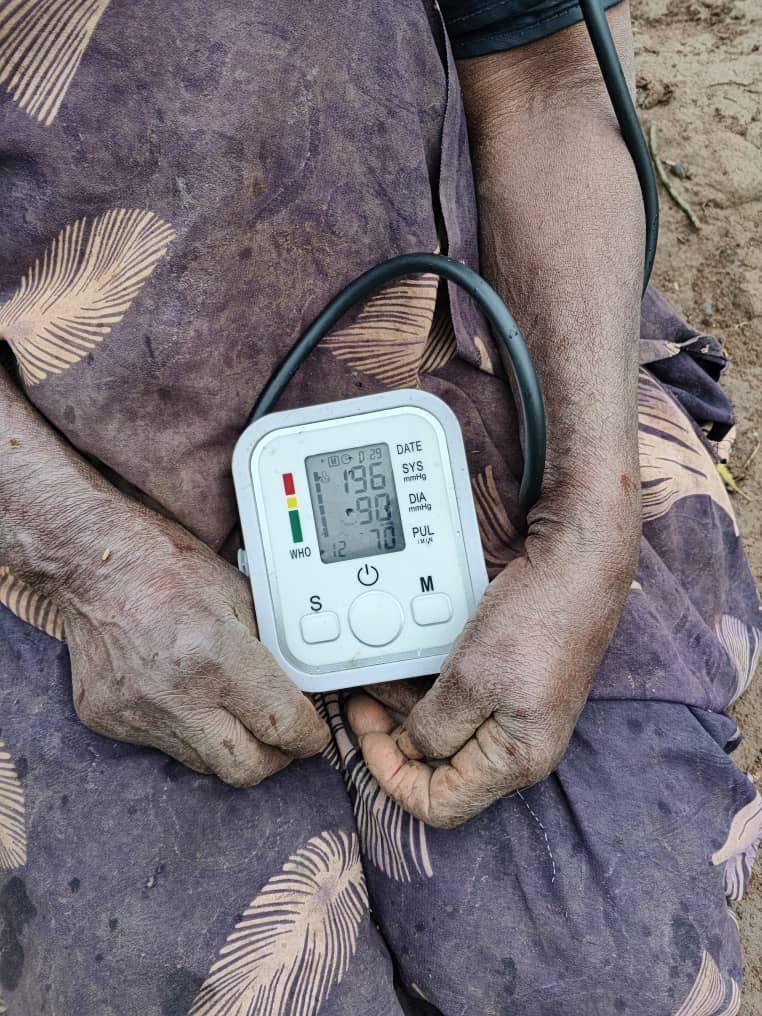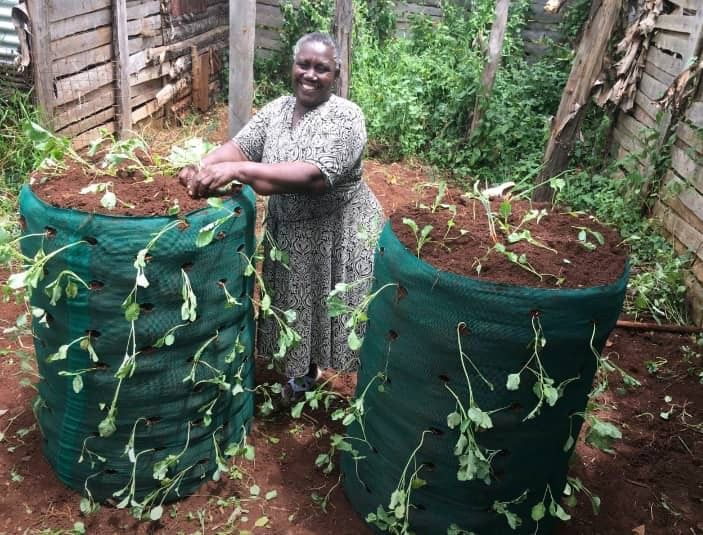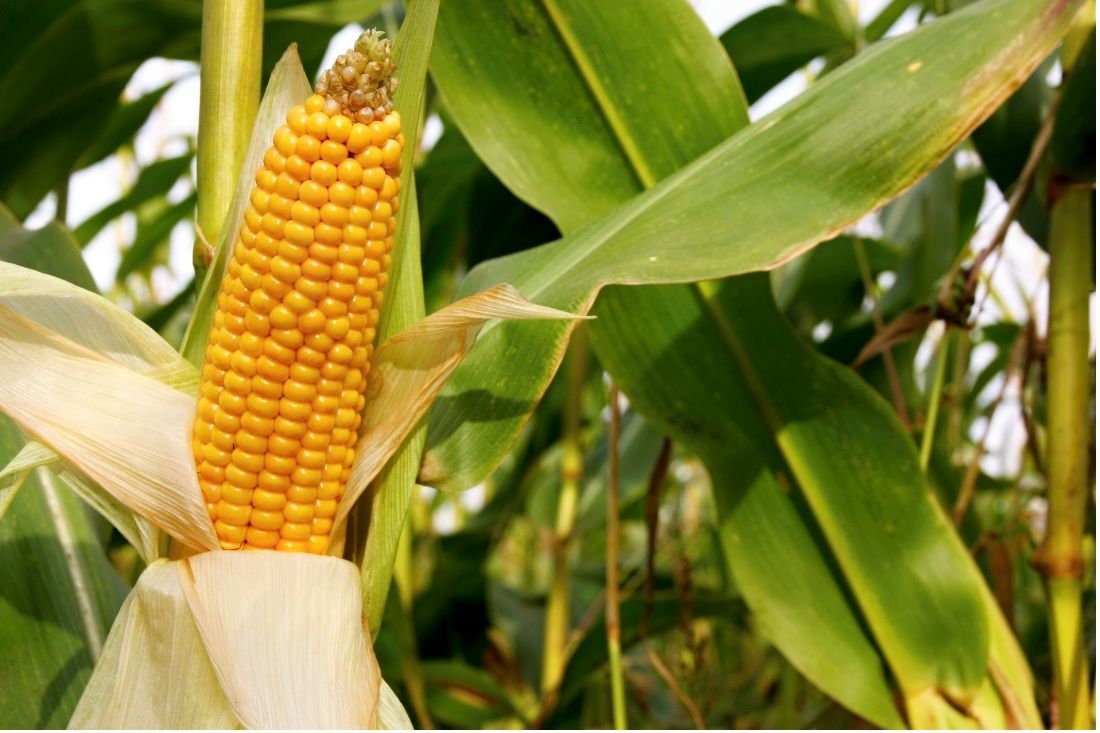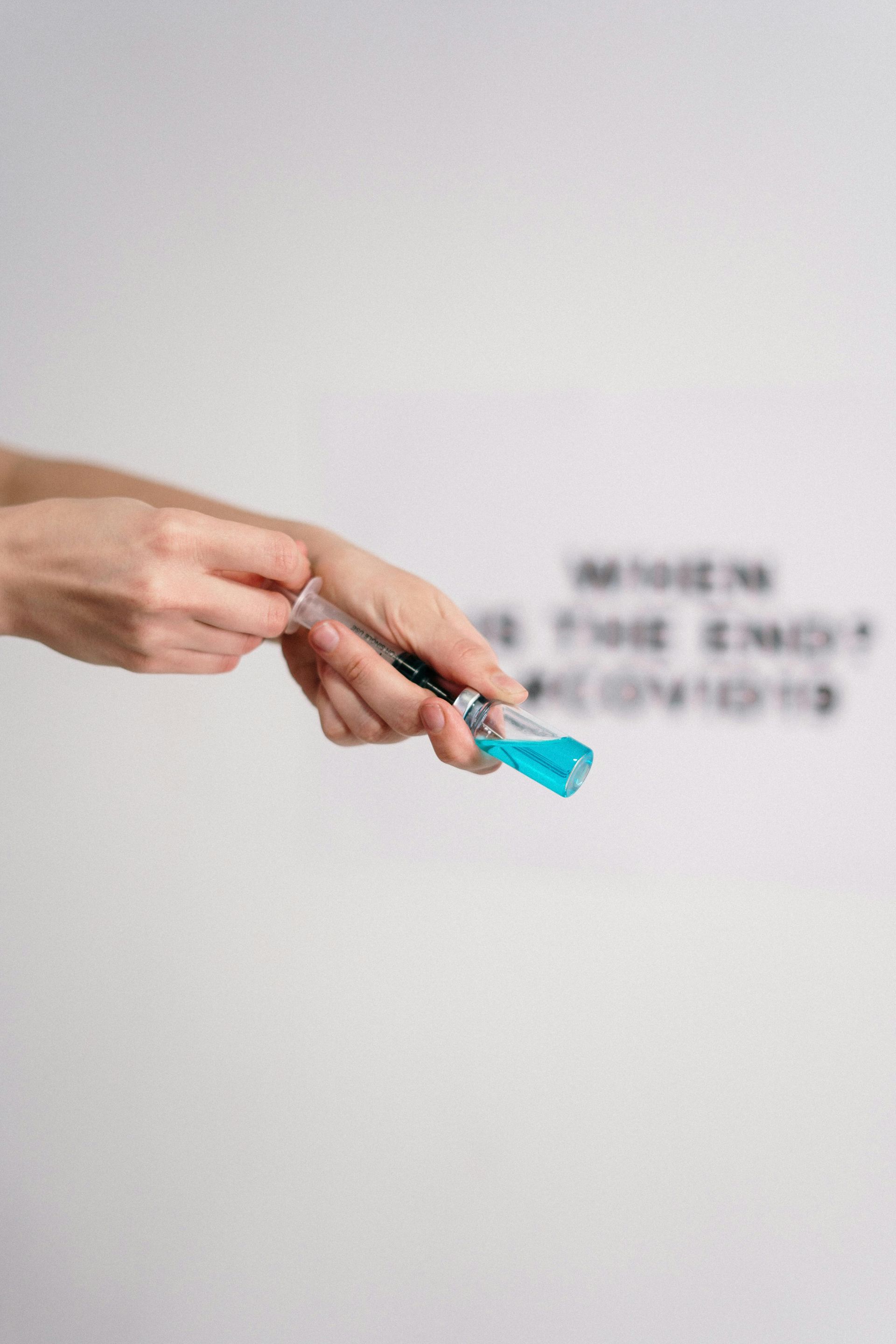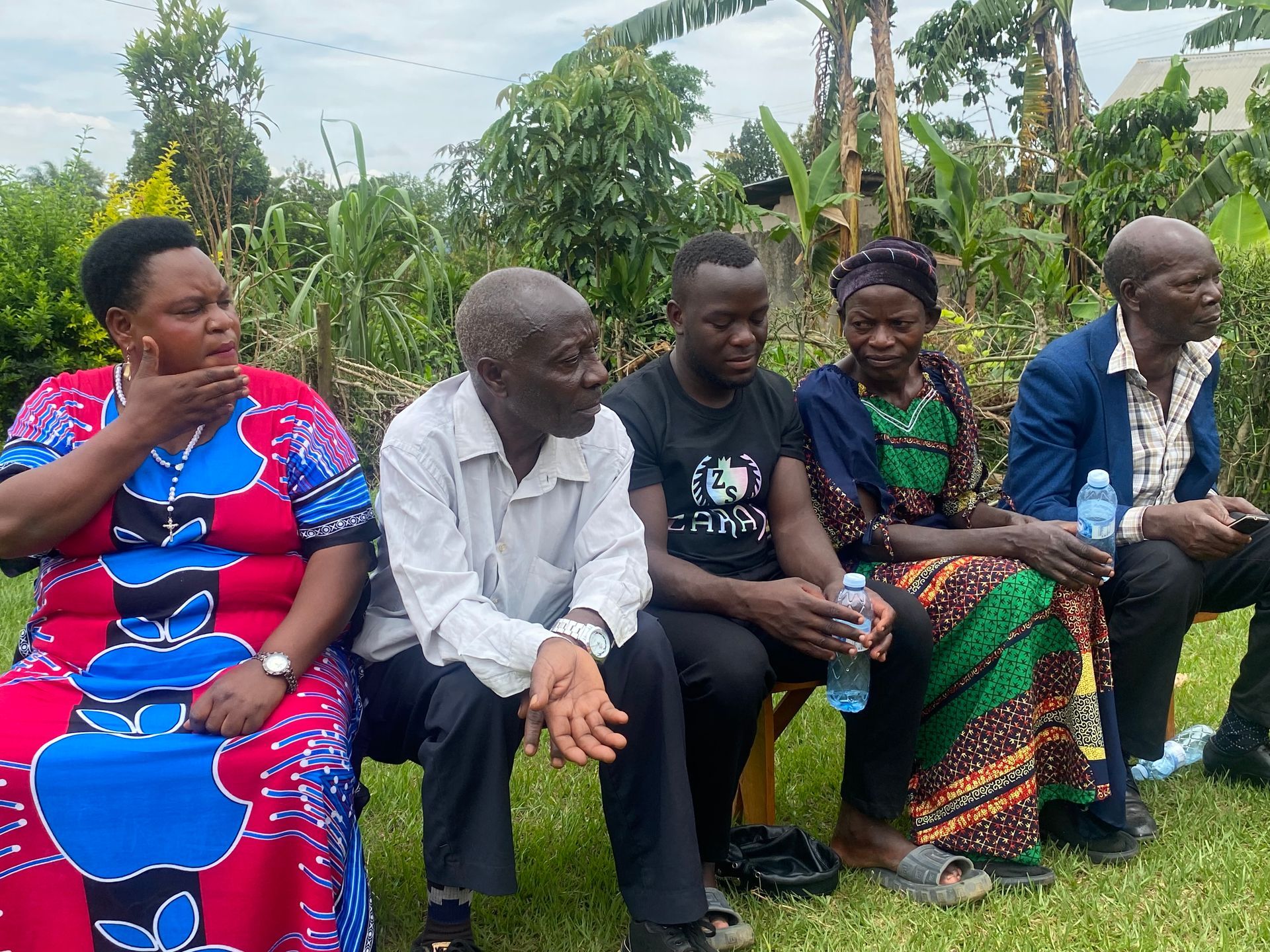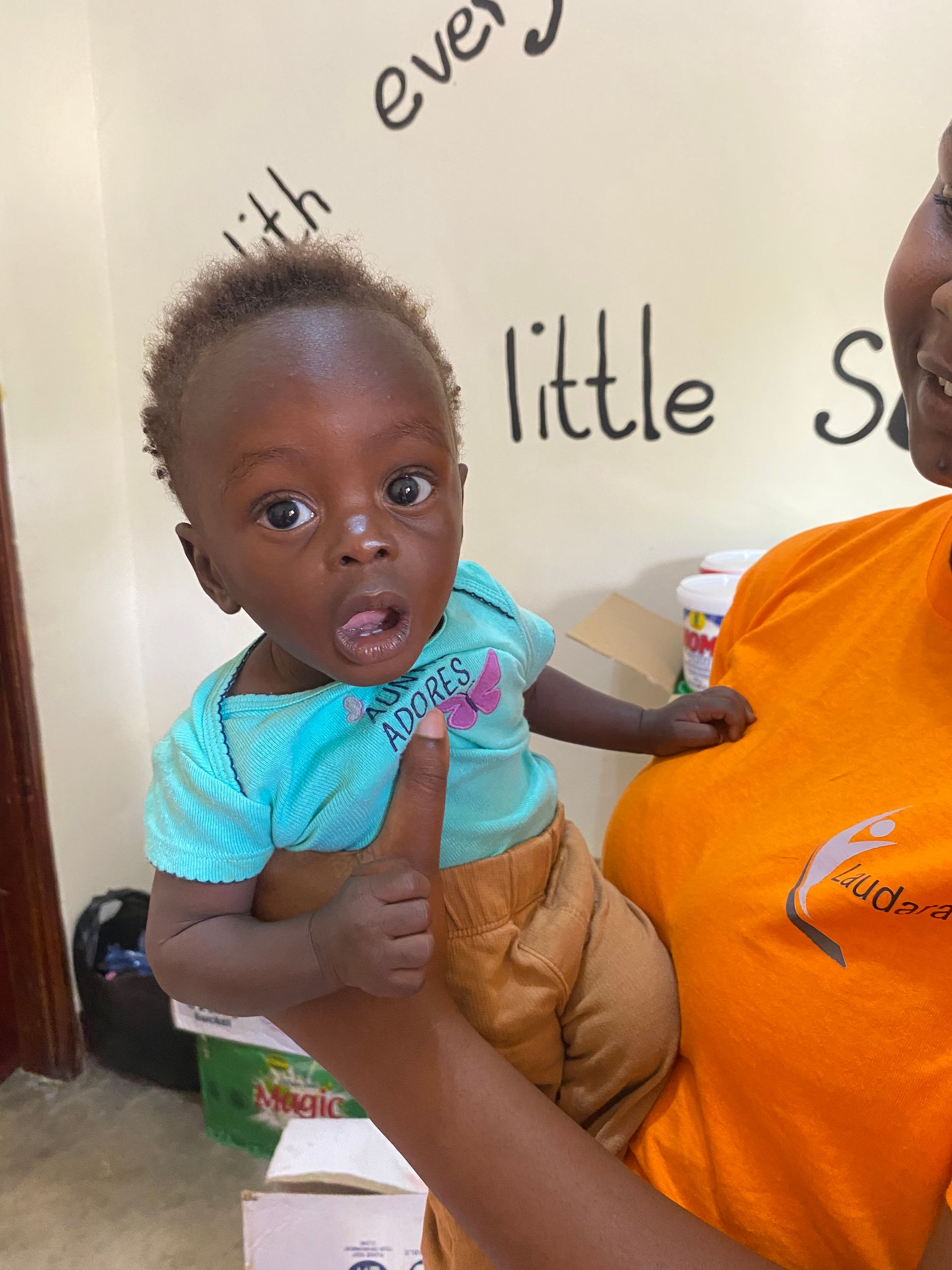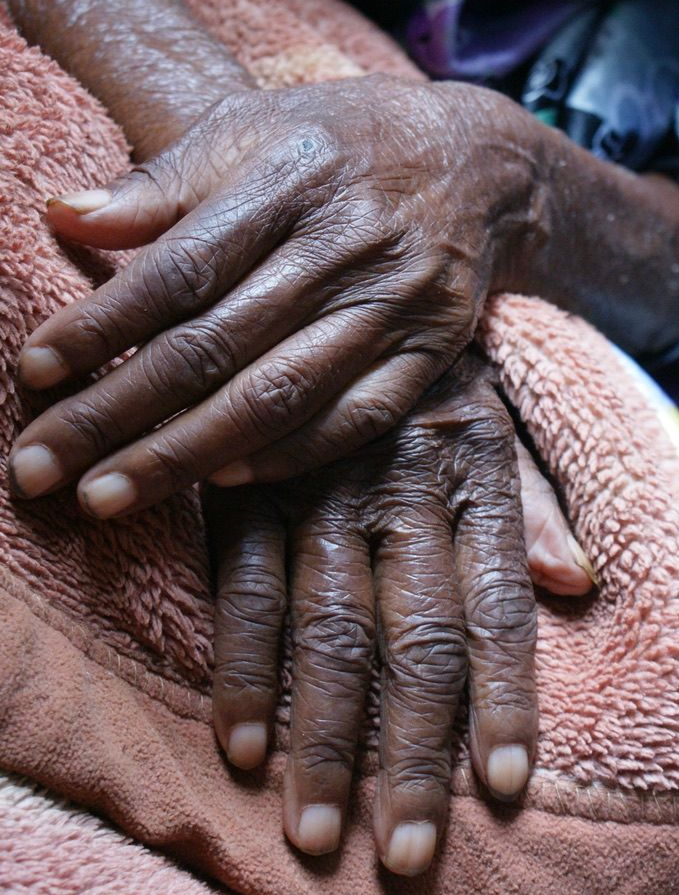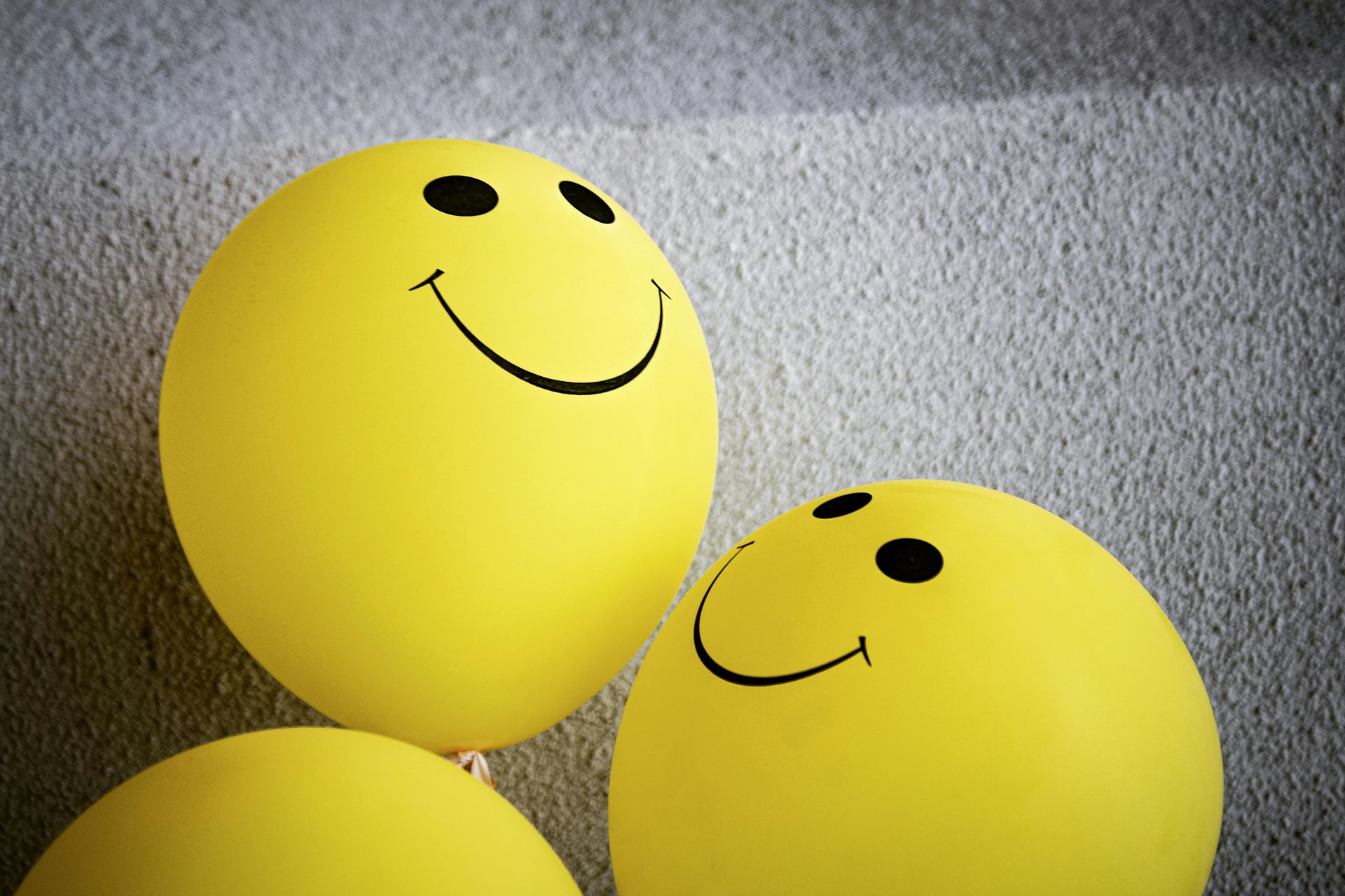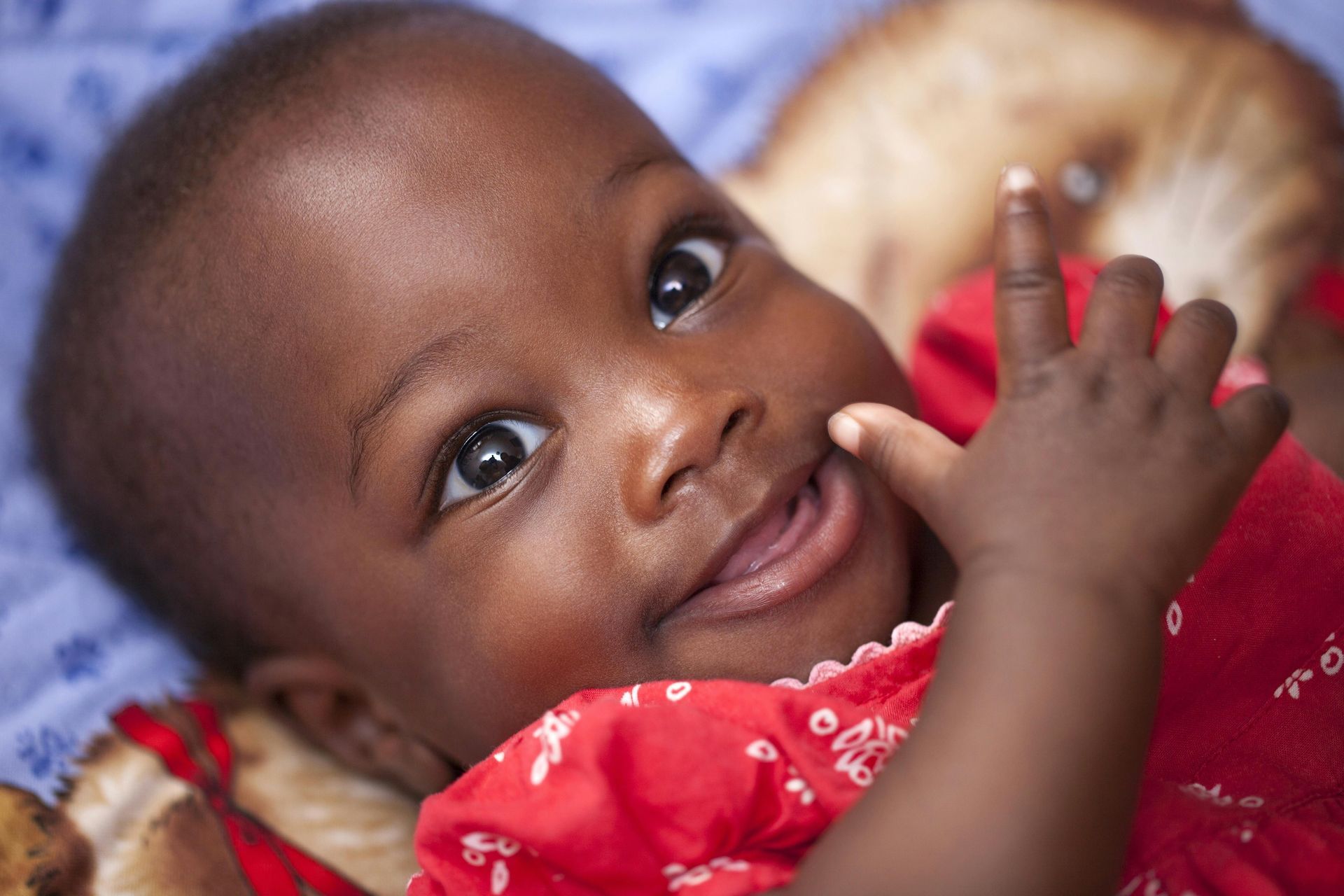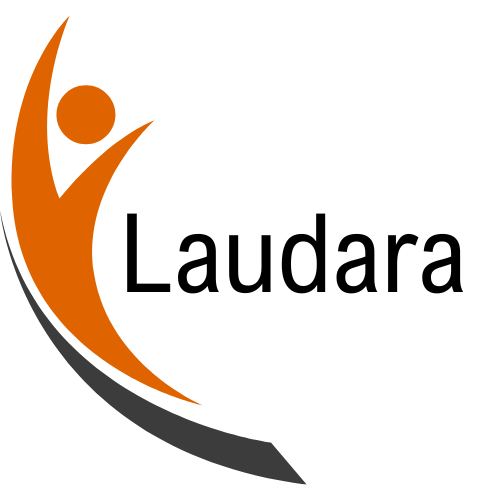In our meeting with the chairman of the Kyali (pronounced Charly) village, mr Musaazi, we asked about some examples of community projects that they have been involved in. Mr. Musaazi has been the chairman for over 35 years and is respected for his wisdom and experience. One project that seemed interesting was about microfinancing.
Microfinance, also known as microcredit, refers to a range of financial services designed to assist low-income individuals or groups who lack access to traditional banking systems. This includes providing small loans, savings accounts, micro-insurance, and financial education, primarily targeting those in developing countries. The aim is to empower these individuals by enabling them to start or expand small businesses, thereby promoting self-sufficiency and economic stability. The project in Kyali village started with the purchase of a canoe by the council to bring the villages to the other side of the river at a very affordable price. The money generated was then used for small loans to the villages who wanted to start a business. This project serves the villages on different levels. It enables for instance the students to travel to the other side of the river to go to a secondary school, but the money was given back to the community for a Microcredit.
